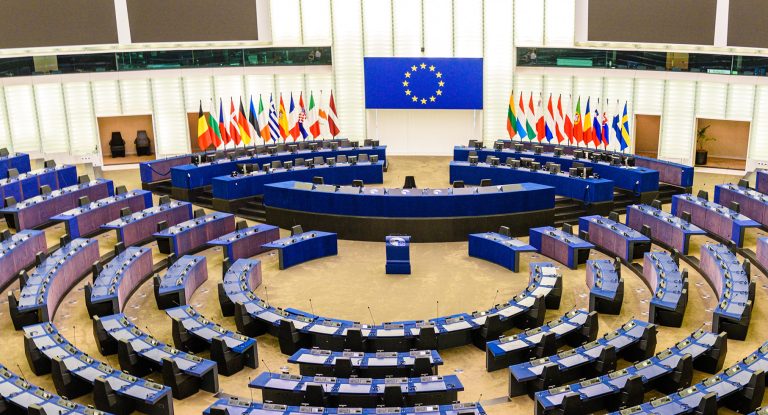CS3D: what are the impacts for the private sector?

CS3D or CSDDD is another relevant acronym in the Sustainability glossary, which stands for Corporate Sustainability Due Diligence Directive. The final text of CS3D was approved by the European Parliament and the Council of the European Union (EU) on May 24, 2024 and, recently, in February 2025, was modified by the EU Omnibus package of measures.
The directive determines that companies falling within its scope must implement effective due diligence policies to identify, prevent, mitigate and remedy negative impacts on human rights and the environment in their operations in the EU, in the operations of their subsidiaries and in the operations of their direct suppliers globally.
Some examples of adverse environmental impacts are pollution, deforestation, excessive water consumption and soil contamination. Adverse impacts on human rights include child labor, exploitation of workers and unhealthy working conditions.
The due diligence process established in the CS3D covers the six steps defined by the OECD Due Diligence Guidance for Responsible Business Conduct:
(1) integrating due diligence into policies and management systems,
(2) identifying and assessing adverse impacts on human rights and the environment,
(3) preventing, eliminating or minimizing actual and potential adverse impacts on human rights and the environment,
(4) assessing the effectiveness of measures,
(5) reporting,
(6) remediating.
Timelines and stages
The regulation will be implemented gradually, and EU Member States will have until 26 July 2027 to transpose the legislation into their national legal frameworks. From then on, the requirements will start to apply to companies in the EU and outside it, according to their size, turnover and number of employees.
In the meantime, the publication of the European Commission’s guidelines and best practices will be brought forward to July 2026, allowing companies to start making adjustments to their processes. The requirement will come into force from 26 July 2028, focusing on EU companies with more than 5,000 employees and a turnover of more than 1.5 million euros. In 2029, it will be extended to EU companies with more than 3,000 employees and a turnover of more than 900 million euros, and in 2030, other companies will be subject to the directive.
Impacts on the private sector
The adoption of the Directive will lead to a level playing field for sustainability due diligence rules and a reduced appetite for socio-environmental risks, which could lead to a reduction in financial losses for companies resulting from adverse impacts on human rights and the environment, in addition to enabling greater business resilience. In addition, CS3D should increase the transparency of corporate information and encourage the consumption of more sustainable products and services.
Companies located in other locations that are direct suppliers of EU-owned companies will be subject to the application of Due Diligence. Even if the company does not fall within the scope of CS3D, it is likely that there will be increased pressure to align its operations and policies with the EU’s sustainability objectives. It is also possible that regulatory and market trends will lead to the publication of similar regulations in other countries around the world.
What changes with the Omnibus Package?
The Omnibus Package, adopted by the European Commission under the justification of simplifying EU rules and boosting group competitiveness, has reduced the cascading effect of the Directive. It limits the information that in-scope companies can request from their business partners (small and medium-sized enterprises, i.e. companies with a maximum of 500 employees) to the information specified in the CSRD voluntary sustainability reporting standards. This limitation applies unless they need additional information to carry out the mapping (e.g. on impacts not covered by the standards) and cannot obtain this information in any other reasonable way.
With these measures, companies will be subject to a less complex and more harmonized sustainability due diligence framework. Key aspects include:
• Increasing the interval between two due diligence assessments to five years;
• Simplifying stakeholder engagement obligations;
• Removing the obligation to terminate the business relationship as a last resort measure;
• Aligning the requirements on the adoption of climate mitigation transition plans with the CSRD;
• Extending maximum harmonization of the main due diligence obligations to ensure a more level playing field in the EU. Member States will therefore not be able to establish stricter conditions than those provided for in the Directive;
• Elimination of the review clause on the inclusion of financial services in the scope of the Directive.
The application of the CS3D rules, despite generating significant changes in some companies and requiring considerable investment, will be a source of important positive impacts. Not only in organizations and value chains, which will be required to adapt, but also in small businesses, countries and citizens, who will experience an ecosystem of greater socio-environmental responsibility and less adverse damage to people and the environment, with greater transparency and competitiveness.

 EN
EN  ES
ES PT
PT





